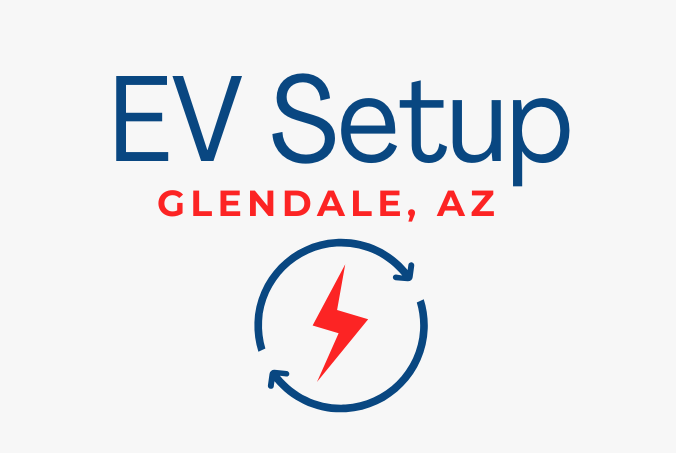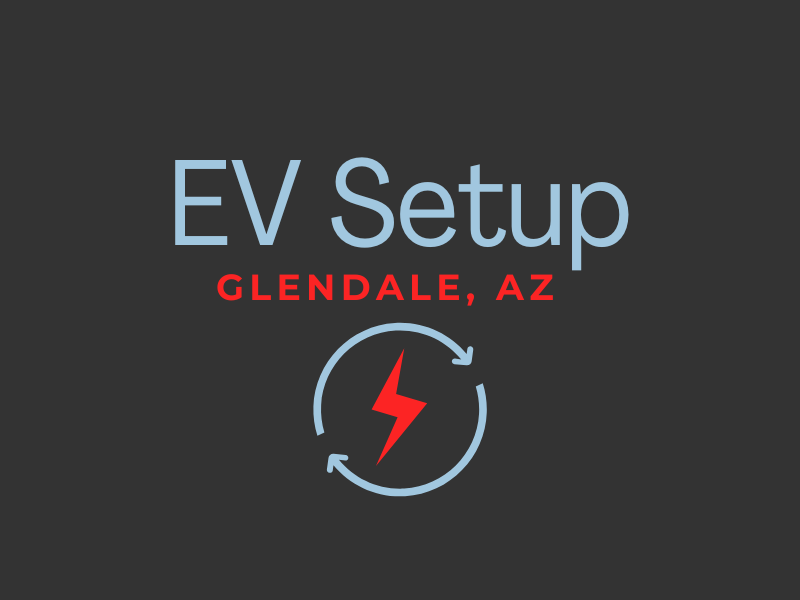Factors to consider when installing an electric car charging station in Paradise Valley, AZ: Expert Insights from EV Setup Glendale
As EV Setup Glendale, we've helped numerous Paradise Valley residents install electric vehicle charging stations at their homes. Installing an EV charger involves several key considerations to ensure optimal performance and convenience.
The most critical factors for EV charger installation include your home's electrical capacity, charger location, and compatibility with your vehicle. We recommend assessing your home's amp service size to determine if upgrades are needed. Choosing an easily accessible location that's protected from the elements is also essential.
Our team specializes in guiding Paradise Valley homeowners through the entire process, from selecting the right charger to obtaining necessary permits and completing the installation. We ensure all work meets local codes and safety standards, providing you with a reliable charging solution for your electric vehicle.
Understanding Electric Vehicle Charging Options
Electric vehicle charging options vary in speed and compatibility. Choosing the right charger depends on your vehicle and charging needs.
Level 1 vs Level 2 vs DC Fast Charging
Level 1 charging uses a standard 120V household outlet. It's the slowest option, adding 2-4 miles of range per hour. This method is suitable for overnight charging at home.
Level 2 charging requires a 240V outlet and can add 10-60 miles of range per hour. It's ideal for home and workplace charging.
DC Fast Charging is the quickest option, capable of adding 60-100 miles in just 20 minutes. These chargers are typically found at public charging stations.
Choosing the Right Charger for Your Electric Vehicle
When selecting a charger, consider your vehicle's compatibility. Most EVs use either CHAdeMO or CCS connectors for fast charging.
For home use, Level 2 chargers are popular. They balance speed and cost-effectiveness. Installation costs range from $1,150 to $2,750, including the charger and setup.
Check your EV's manual for recommended charging methods. Tesla vehicles have their own proprietary charging system but can use adapters for other chargers.
Consider your daily driving needs. If you commute long distances, a faster charger might be necessary. For shorter trips, a Level 1 or Level 2 charger may suffice.
Planning and Installation Guidelines
Installing an EV charging station requires careful planning and execution. We'll explore key considerations to ensure a successful setup that meets your current and future needs.
Assessing Electrical Capacity and Infrastructure
Before installation, we assess your property's electrical capacity. This involves evaluating your main service panel and determining if upgrades are necessary. We check if your existing infrastructure can handle the additional load of an EV charger.
A typical Level 2 charger requires a 240-volt circuit and 40-50 amps. If your panel can't support this, we may recommend a service upgrade. We also inspect wiring and conduit placement to ensure a safe and efficient installation.
We consider the distance between your electrical panel and the charging location. Longer runs may require larger gauge wire to prevent voltage drop.
Load Management and Future Expansion
Smart load management is crucial for optimizing your charging setup. We implement systems that balance power distribution between your EV charger and other household appliances.
This prevents circuit overloads and allows for efficient energy use. We also plan for future expansion, considering the possibility of multiple EVs in your household.
We may suggest installing a subpanel dedicated to EV charging. This provides flexibility for adding more chargers later without overburdening your main panel.
Wi-Fi connectivity options allow for remote monitoring and scheduling of charging sessions, further enhancing load management capabilities.
Professional Installation vs DIY
While DIY installation may seem tempting, we strongly recommend professional installation for safety and reliability. Our experienced electricians ensure compliance with local codes and manufacturer specifications.
Professional installation often includes:
- Proper permitting and inspections
- Warranty protection
- Expertise in electrical systems and EV technology
DIY attempts can lead to safety hazards, voided warranties, and potential damage to your vehicle or home.
Our team handles complex aspects like:
- Upgrading service panels
- Running conduit and wiring
- Configuring load management systems
We also help you navigate potential tax credits and incentives for professional EV charger installations, potentially offsetting costs.
You can read even more about the Valley's EV Charger Installation Requirements here.

